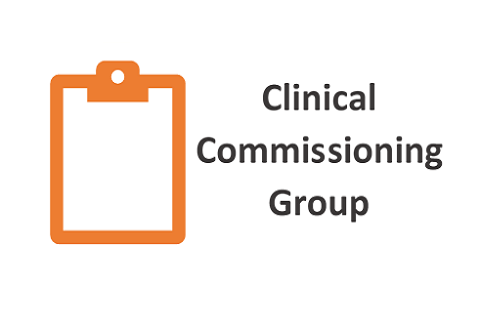1 min read


Monmouth carried out a clinical and coding audit on behalf of CCG that wished to improve local hospitals’ compliance with LPP processes and controls. The audit identified a non-compliance rate, i.e. activity undertaken by hospitals that should not be funded by the CCG, to be in excess of £1.6m over a six-month period.
What we did
Monmouth carried out an onsite clinical coding audit to validate how the CCG’s LPP rules were being applied by local hospital providers. We also looked at referral routes and potential opportunities to reduce demand for low priority clinical procedures.
Post-audit, Monmouth assessed the outcomes of the on-site work, identifying what activity can be reasonably rejected or paid for going forward.
The output was a detailed report documenting compliance rates and coding errors that might impact on the identification of LPP activity.
Future impact
Monmouth’s onsite work identified 113 non-compliant patient admissions. The majority of these lacked appropriate evidence within the clinical records that the care was justified. There were also clinical coding errors, resulting in incorrect payment for 6% of cases.
Our recommendations will help the CCG reduce inappropriate referrals, manage expectations about treatment options and improve decision making by patients and clinicians about LPP procedures. In addition, the audit helped set thresholds which mean the CCG can police payment for LPP-type activity in the future without having to review every individual case.